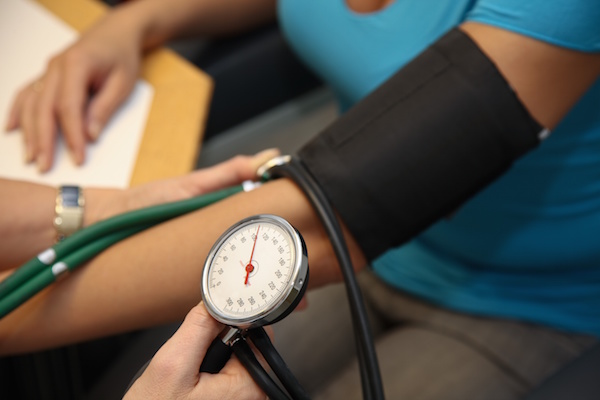
TUESDAY, June 29 (HealthDay News) — Having health insurance may not be enough to get low-income women to be screened for breast cancer, but adding a counseling program may help boost the mammography screening rates, a new study has found.
The study included more than 2,300 women who weren’t adhering to screening recommendations. The women, who averaged 53 years old and had average family incomes of about $7,000, had had health insurance coverage for the previous five years.
The women were randomly divided into three groups. The first group received a formal letter from their managed care organization reminding them of the need for mammography screening. A second group got the same letter plus an additional letter from their primary physician, and, if they still didn’t go for screening, they received counseling from health workers. The third group of women, a control group, received no reminders or extra urgings.
By the end of the study, the screening rates were about 13 percent for the control group, 16 percent for those who received a letter from their managed care organization and 27 percent for women who also got a letter from their primary care physicians and had access to personal counseling. That percentage is still well below the rate for the general population, the study authors noted.
The researchers calculated that a letter from a primary care physician increased the likelihood of mammogram screening by 80 percent, and personal counseling tripled the screening rate.
The findings were reported online June 29 in Cancer Epidemiology, Biomarkers & Prevention.
“Health insurance is a necessary condition for screening, but it is apparently not a sufficient condition,” the lead researcher, Nasar Ahmed, chairman of epidemiology and biostatistics at Florida International University’s College of Public Health and Social Work, said in a news release from the journal’s publisher.
The findings show that low-income people face challenges beyond finances, said James Marshall, a senior editor of the journal and a professor of oncology at the Roswell Park Cancer Institute.
“A middle-class person can hop in their car and go to the clinic. How does a low-income woman find someone to watch her kids and find the transportation?” Marshall said in the news release. “Also, middle-class people take the culture of bureaucracy for granted, but it can be intimidating for low-income people.”
More information
The U.S. National Women’s Health Information Center has more about mammography.

